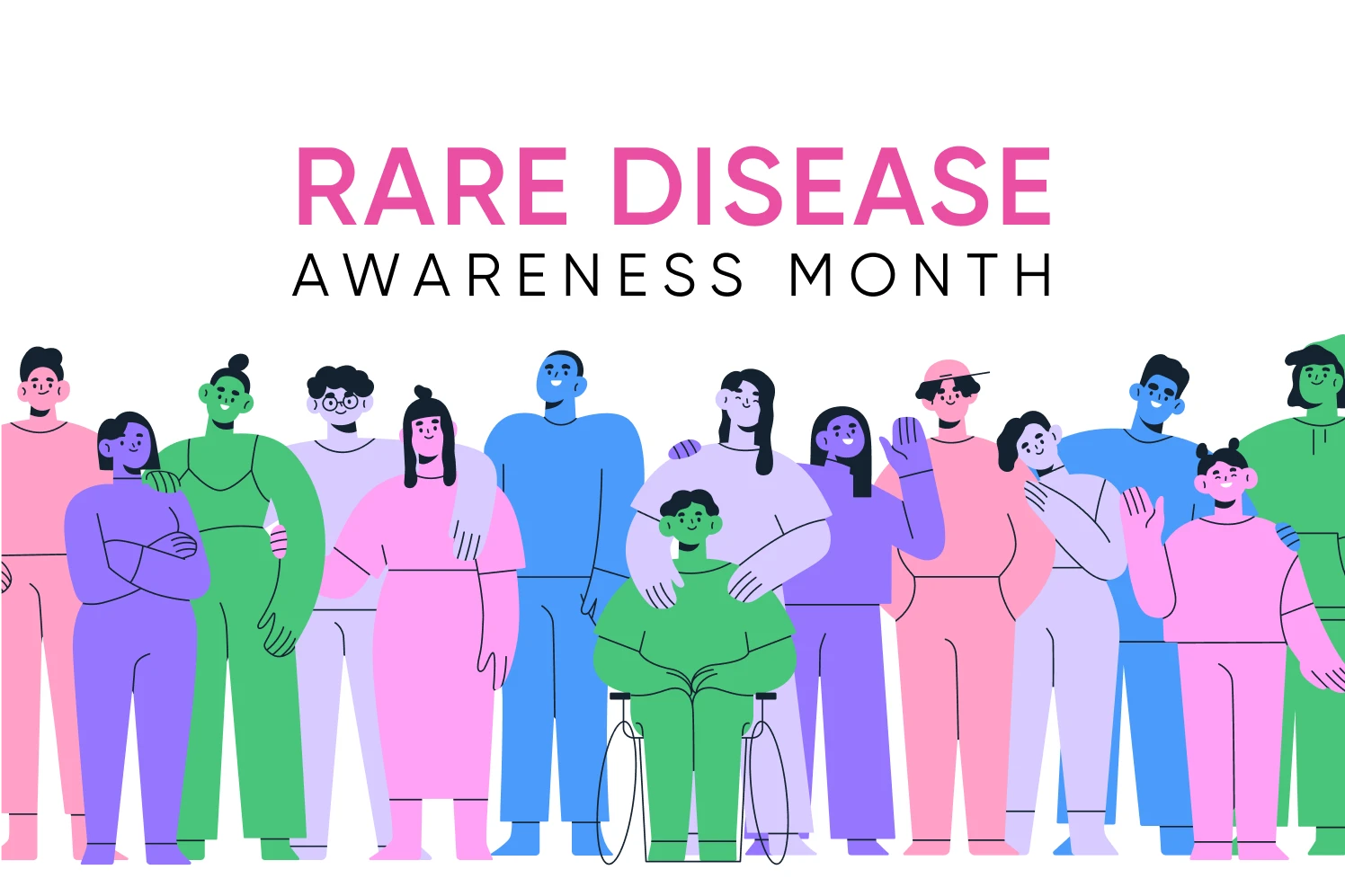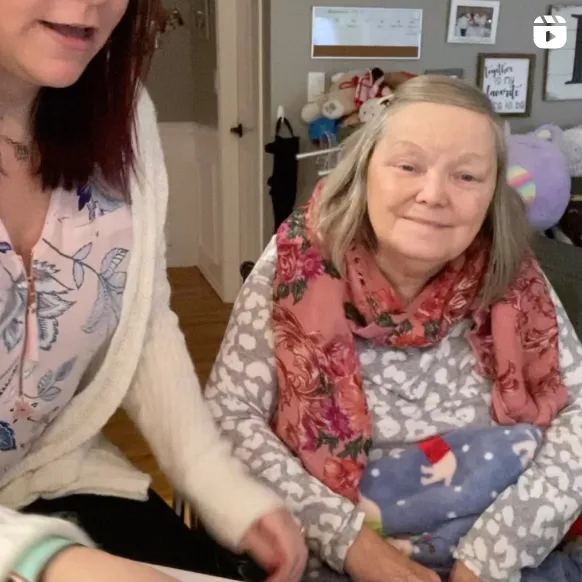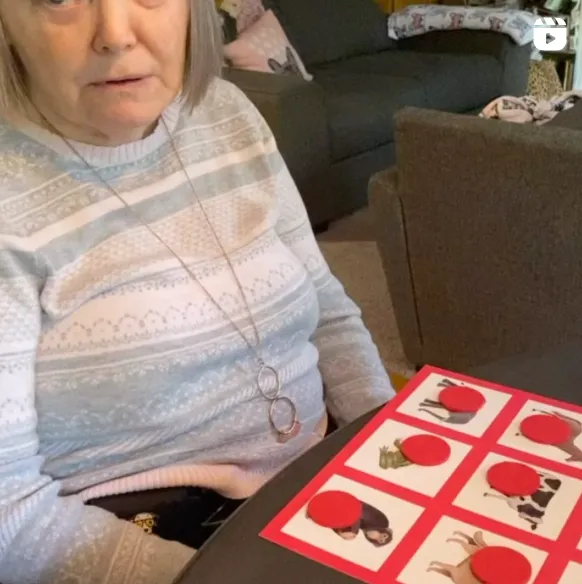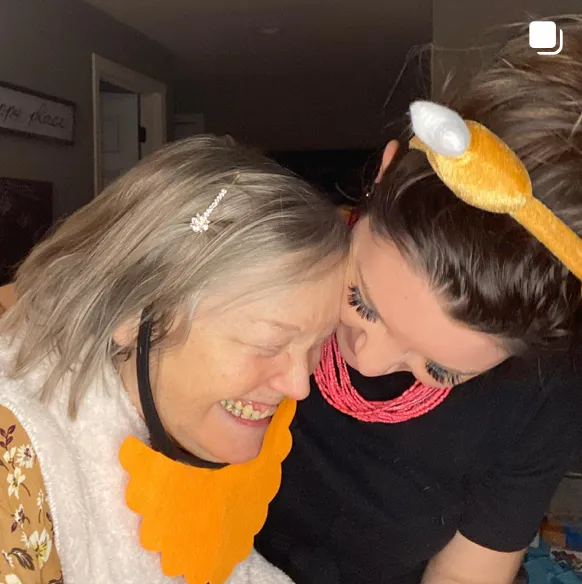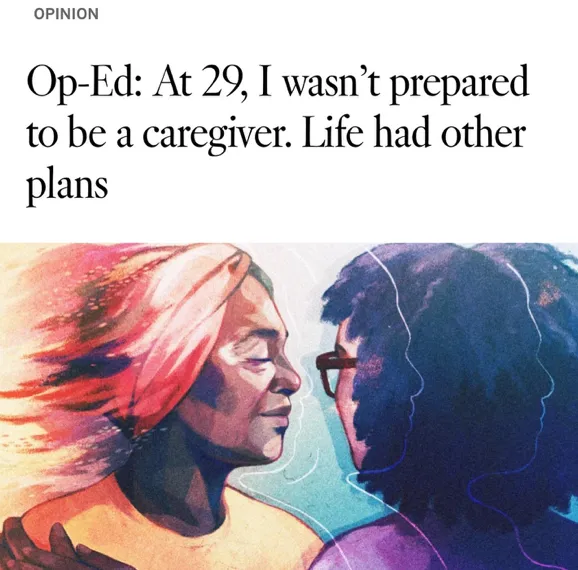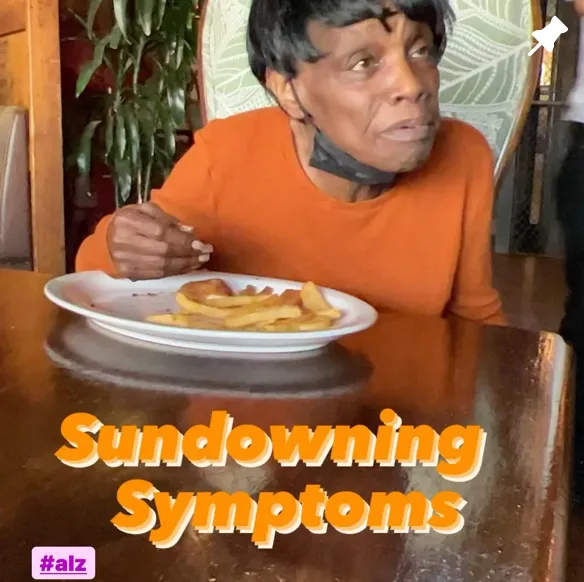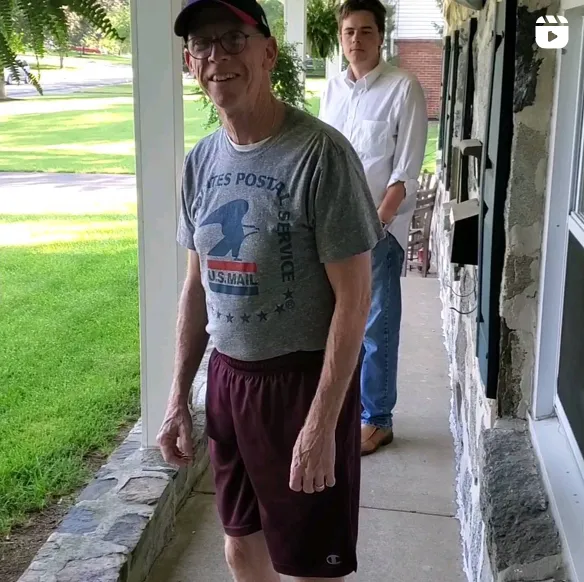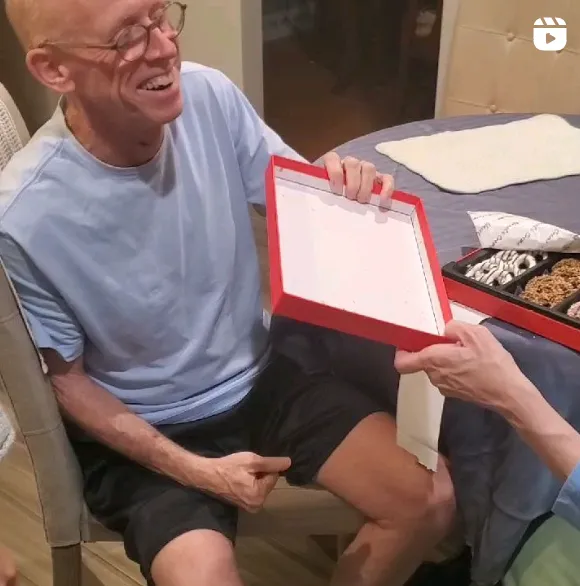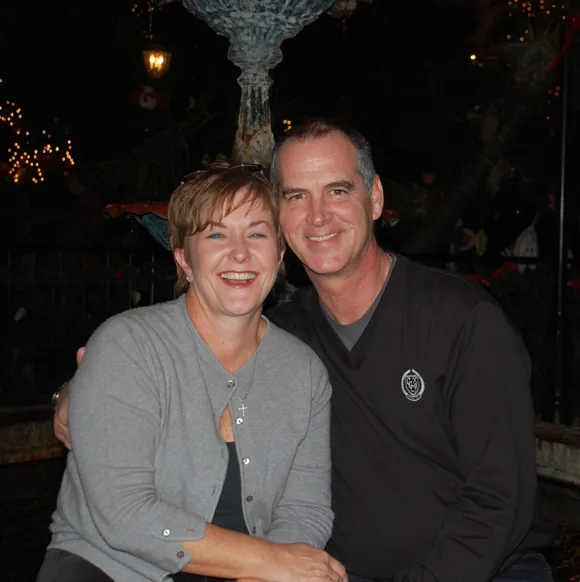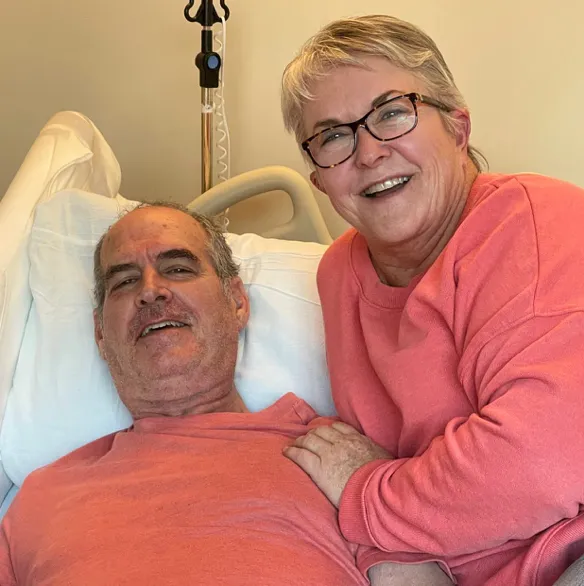Blog post originally written by the AllStripes community team. AllStripes was acquired by PicnicHealth in 2023.
Nicole DiStefano’s 3-year-old daughter, Gabby, was born with metachromatic leukodystrophy, or MLD, a rare genetic disease that results in permanent nerve damage. Children with MLD experience difficulty talking, difficulty walking, seizures, paralysis, progressive loss of vision and behavior and personality changes. Several months ago, Nicole started a TikTok account to raise awareness about MLD — and to connect to other families experiencing it.
Our TikTok is based on raising awareness about MLD. I started it maybe four or five months ago. We’ve had thousands of views. I have one video that has 1.2 million views. I talk to people in the comments — people will ask, “How did you know she had this? What were some signs and symptoms?” So I've also created videos that answer those questions, using videos and pictures of her when she was born, when she was toddler stage and where she's at now. I'm trying to be as informative as possible. It's a really good outlet, to be honest. It just makes me feel good that I’m doing my part to put MLD on the map.
We were trying to get a diagnosis when Gabby was around 18 months old. That's when she started twitching. We brought her to so many different doctors, and everybody just kept brushing us off — telling us we're new parents, and we're paranoid. Then COVID hit, so all these other appointments were pushed back. Then she turned two and our next appointment was months away. Gabby fell, and she smashed her face on the floor. I was like, “This isn't normal.” I called up the neurologist and literally told her, "You will be seeing us in your office tomorrow."
So I like the fact that if somebody watching my TikTok, who has a family member with MLD, or if they suspect there's something going on with their kid, this is something they can ask to check for. Their kid may not have it, it may be something else, but at least they could tell their doctor, “Hey, my child's having symptoms like this little girl — can you please evaluate her for this?”
Knowledge is power. That's the way I look at it. Each state is responsible for what they put on their newborn screenings, and we’re asking people to join our cause.
Sometimes the squeaky wheel gets the grease. If we have a community, and people backing us up and people asking, “Well, why isn't MLD on this screening?” it could reach the right person.
After Gabby’s diagnosis, we found MLD Foundation, and there’s another local family we know that has been my backbone through a lot of this. We're very close with MLD Foundation, and they introduced me to AllStripes. I researched the program and I said, absolutely, I’m interested. Anything we can do to move mountains, rock by rock.
Gabby is three and a half. She'll be four in June. When we ask her, “You want to do a TikTok?” she smiles and she gets happy. She likes to see herself on camera. She is a fierce warrior, for sure. She has gone through more than anybody, any adult, in her lifetime already. She's strong. She's very smart, and she's very aware of her surroundings. She knows who people are. She's not “brain dead” by any means.
Everybody's parenting journey is different. We take it day by day with her, but we love hard, and we love fiercely. Our day may look different between treatments and therapies and medicines and feeds and diapering — our day is definitely different. It's busier, but we still enjoy going to the park. We still go to the zoo. We still try and do little mini vacations. We still try to do some of the normal things. But we have a greater understanding that if it doesn't work out, that's okay. We just take what we can get.













